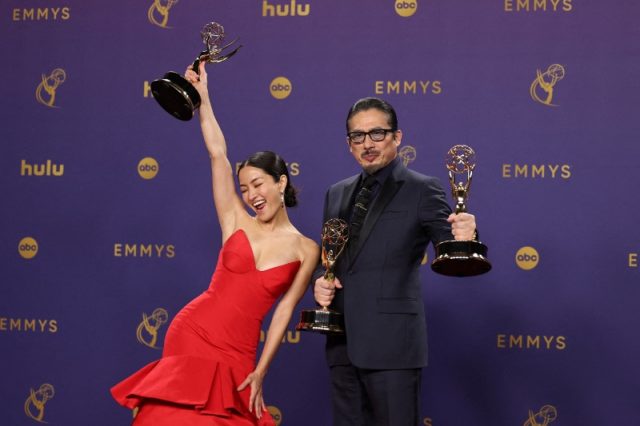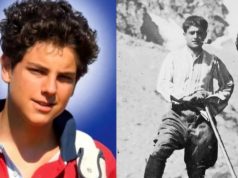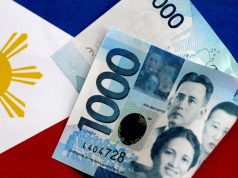
LOS ANGELES — At the Emmy Awards on Sunday, Hollywood celebrated a diverse line-up of nominees and winners at television’s highest honors and feted the success of Latino, LGBTQ+ and Japanese talent and stories.
READ: Factbox: Full list of winners at the 76th Emmy Awards
Disney’s DIS.N “Shogun” took the top prize of best drama series following its record number of Emmys for a single season of a television series.
Japanese actors Anna Sawai and Hiroyuki Sanada won best actress and actor for “Shogun”, while Frederick E. O. Toye won best director for a drama series for his work on the show.
READ: ‘Shogun,’ ‘Hacks’ claim top honors at TV’s Emmy awards | The Bear’ dominates comedy acting awards at TV’s Emmys
The series also picked up 14 trophies at the Creative Arts Emmys, a precursor event that recognizes guest actors and crafts such as cinematography and production design.
The series has garnered attention for featuring a majority Japanese cast with Japanese being the primary language spoken within the series. Upon winning best drama, Sanada spoke words of thanks in Japanese.
A standout among Latino winners was “The Bear” actor Liza Colon-Zayas, who plays a chef named Tina Marrero.
Colon-Zayas beat industry giants Meryl Streep and Carol Burnett in the best supporting actress category.
“And to all the Latinas who are looking at me. Keep believing and vote. Vote for your rights,” Colon-Zayas said during her acceptance speech.
Echoing her, actor and comedian John Leguizamo described the Hollywood opportunity gaps that’s he’s faced throughout his career in Hollywood.
Leguizamo called himself a “DEI hire,” saying the D is for diligence, the E is for excellence, the I is for imagination.
Usually, DEI stands for “diversity, equity, and inclusion,” types of initiatives that help increase representation for historically overlooked communities. Vice President Kamala Harris has received accusations from the right of being a DEI hire since her presidential nomination.
“Everybody played us, except us. I didn’t see a lot of people on TV who looked like me,” Leguizamo said of his childhood.
“We need more stories from excluded groups, Black, Asian, Jewish, Arab, LGBTQ+ and disabled. And this show tonight is proof that our industry is making progress,” he added.
Mexican actor Diego Luna, a presenter, also spoke in Spanish and reminded the audience that 50 million people speak that language in the United States.
The award ceremony’s focus on inclusion and diversity was also a key aspect for Governors Award winner, Greg Berlanti.
The Governors Award recognizes an individual, company, or organization that has made a “profound, transformational, and long-lasting contribution to the arts and/or science of television”.
“TV history was made on ‘Dawson’s Creek’ as Greg was the first writer producer to show a gay kiss on prime times between two teenagers, and that was back in 2000 I remember being so proud,” said actor and presenter Joshua Jackson.
Berlanti is a prolific showrunner with over 45 shows and a record breaking 20 scripted series on TV at once.
He described himself as a “closeted gay kid” and gave a heartfelt speech about how thankful he is to his late mother along with a special thank you to his husband, Robbie Rogers.
“Back then, the only way to tell if another kid might be gay was if he also watched Dynasty and Dallas and could name all four of the Golden Girls.”
He received a standing ovation.
Similarly, actor Jodie Foster thanked her wife Alexandra Hedison, at the end of her acceptance speech for winning best actress in a limited series for her role in “True Detective: Night Country.”
The Emmy awards also gave a special nod to actor Nava Mau.
Following in Black actor Laverne Cox’ footsteps, who was the first openly transgender person to be nominated for an acting Emmy award, was Mexican “Baby Reindeer” actor Mau.
Mau was the first transgender woman to be nominated in the best supporting actress category for her work on the Netflix show.
—Reporting by Danielle Broadway, Christina Anagnostopoulos, Lisa Richwine;Editing by Mary Milliken and Michael Perry









